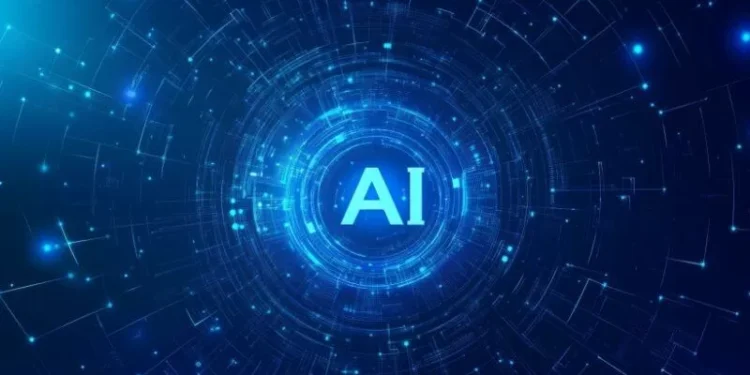AI is Revolutionizing Personalized Learning: Benefits, Challenges, and Future Trends
In today’s fast-paced world, education is evolving at an unprecedented rate. With the rise of technology, the traditional classroom model is being challenged, and new methods of learning are emerging. One such method that is gaining momentum is personalized learning, and at the forefront of this revolution is Artificial Intelligence (AI). By leveraging AI, personalized learning is transforming the way students learn and interact with educational content. From adjusting content to student needs to predicting learning paths, AI is reshaping the landscape of education. In this article, we will explore the benefits, challenges, and future trends shaping the use of AI in personalized learning.
Benefits of AI in Personalized Learning
1. Adjusting Content to Student Needs
One of the key benefits of AI in personalized learning is its ability to adjust content to the specific needs of each student. Every student learns differently, and AI can analyze a student’s learning patterns, strengths, and weaknesses to create a customized learning experience. This ensures that students are presented with content that is tailored to their individual needs, making the learning process more efficient and effective.
2. Predicting Learning Paths
AI is also able to predict the learning paths of students based on their performance and engagement with the material. By analyzing data from previous lessons and assessments, AI can identify areas where a student may struggle and provide additional support or resources to help them overcome these challenges. This predictive capability allows for a more proactive approach to learning, where students are guided towards their learning goals in a personalized manner.
3. Transforming Notes, Articles, and PDFs into Easy-to-Understand Mind Maps
Another significant benefit of AI in personalized learning is its ability to transform traditional learning materials, such as notes, articles, and PDFs, into easy-to-understand mind maps. Mind maps are visual representations of information that help students to better understand and retain knowledge. By converting complex information into mind maps, AI makes learning more engaging and interactive, allowing students to grasp concepts more easily.
Challenges of AI in Personalized Learning
1. Access to Technology
One of the main challenges in implementing AI in personalized learning is access to technology. Not all schools or students have access to the necessary devices and internet connection to support AI-driven learning. This creates a digital divide, where some students may not have the same opportunities for personalized learning as others.
2. Data Privacy and Security
AI relies heavily on data to create personalized learning experiences for students. This raises concerns about data privacy and security, as students’ personal information is being collected and analyzed. It is crucial for schools and educational institutions to have strict protocols in place to protect students’ data and ensure their privacy.
3. Lack of Human Interaction
While AI can provide personalized learning experiences, it cannot replace the value of human interaction in education. Students still need the guidance and support of teachers and peers to develop critical thinking skills and social-emotional learning. It is essential to strike a balance between AI-driven learning and human interaction to ensure a well-rounded education.
Future Trends in AI-Powered Personalized Learning
1. Virtual and Augmented Reality
The future of AI-powered personalized learning is likely to include the use of virtual and augmented reality. These technologies can create immersive learning experiences, allowing students to interact with educational content in a more engaging and realistic way.
2. Adaptive Learning Platforms
Adaptive learning platforms use AI to personalize the learning experience based on a student’s individual needs. These platforms can track a student’s progress and adapt the content accordingly, providing a more efficient and effective learning experience.
3. Personalized Assessments
AI can also be used to create personalized assessments that are tailored to a student’s learning needs. These assessments can provide real-time feedback and suggest areas for improvement, helping students to better understand and retain the material.
Conclusion
AI is revolutionizing personalized learning by providing a more efficient, effective, and engaging learning experience for students. By adjusting content to student needs, predicting learning paths, and transforming traditional learning materials into easy-to-understand mind maps, AI is reshaping the future of education. However, it is crucial to address the challenges of access to technology, data privacy and security, and the need for human interaction. As we look towards the future, virtual and augmented reality, adaptive learning platforms, and personalized assessments are some of the trends that will shape the use of AI in personalized learning. It is an exciting time for education, and






